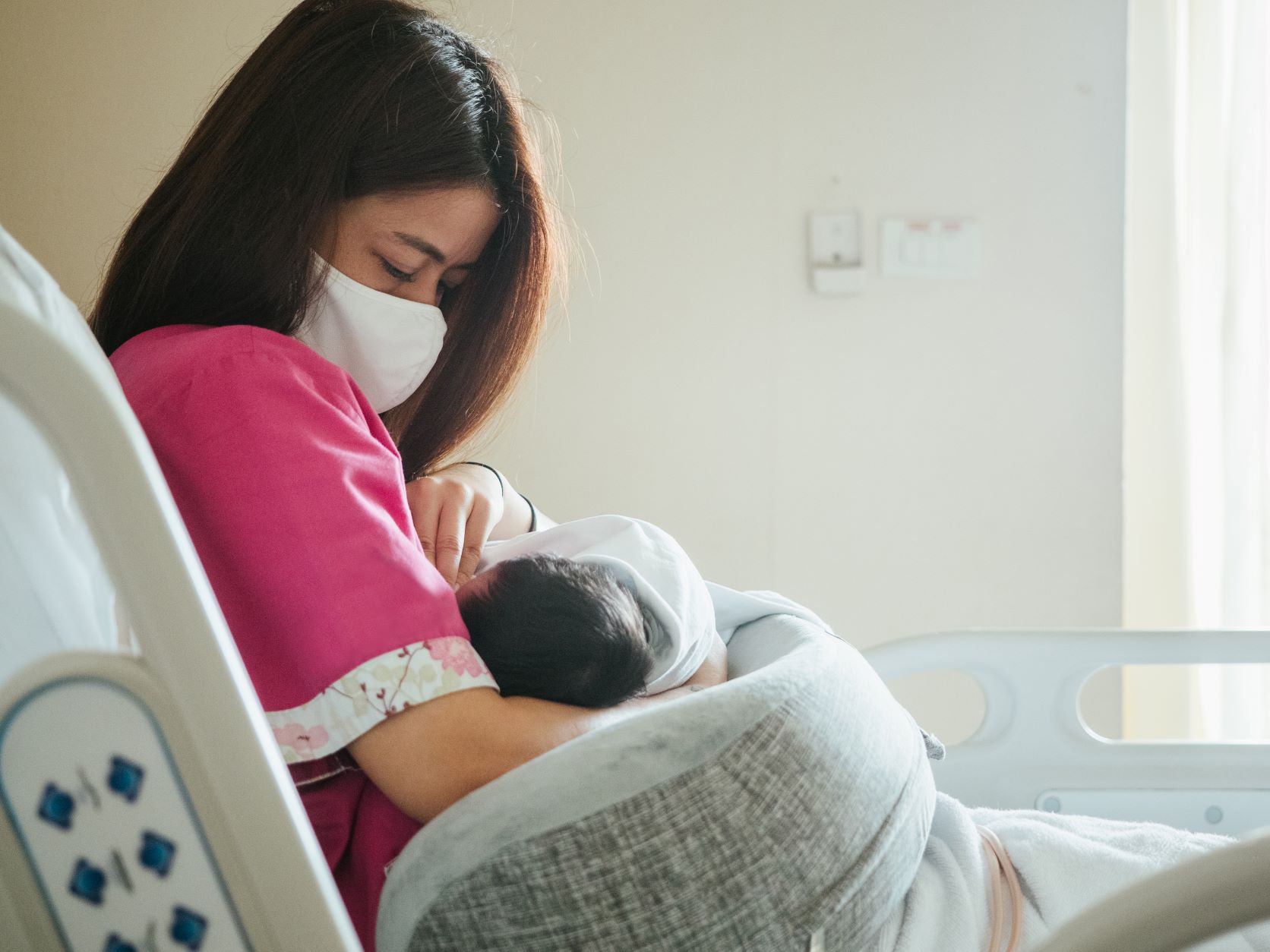
Pregnant women's experiences transitioning to motherhood following assisted reproductive technology
An interview with lead author of the qualitative systematic review, Dr Kunie Maehara.
What is the aim of the qualitative systematic review?
The aim of this qualitative systematic review was to explore the unique challenges during pregnancy in terms of the identity transition to motherhood for women who conceived via assisted reproductive technology (ART). These findings may assist in the understanding of the complexity of emotional adaptation and the specific needs of women who become pregnant following ART.
What was the motivation for undertaking the review?
In clinical practice, nurses and midwives are aware that women who become pregnant after being infertile have greater anxiety and complex care needs. However, there is still insufficient evidence to understand women’s views of the identity transition to motherhood following ART. For over 10 years, we have been investigating the process of the maternal role adaptation and developing nursing intervention programs for women who become pregnant following ART in Japan. The increasing practice of ART in Japan over the previous two decades has produced a growing number of Japanese qualitative studies regarding pregnancy after infertility. Our systematic review explores qualitative studies published in English and Japanese to provide cumulative insights regarding the process of developing a maternal identity following ART.
Why is it important for clinicians to understand the challenges women face and their responses to the challenges?
Women who become pregnant following ART may not be happy about their pregnancy or express love for their fetus, even though it is a long-awaited pregnancy for them. This is because they are not confident, and are uncertain about their pregnancy, fearing the possibility of a miscarriage because of how many times they have hoped and been disappointed during their previous fertility treatments. The clinicians sometimes are at a loss as to how to care for pregnant women. In order to provide proper care, it is necessary to understand the reasons behind the unique challenges and reactions of women who become pregnant following ART. For example, some women want their pregnancies to be treated carefully as "special pregnancies," while others want pregnancies following ART to be treated as normal. The clinicians need to be sensitive to the complexity of the psychology of these women and the social context of pregnancy via ART.

What were the findings that were of particular interest to you?
Seven primary studies from six countries with different geographic locations and cultural backgrounds were included in the synthesis. Although the social backgrounds of these women were different, similarities were found in women’s challenges or positive experiences during pregnancy following ART. It is interesting that these findings have something in common across cultures.
Is there anything you would like to highlight about the review?
The synthesized findings highlight the importance of understanding women’s uncertainty and ambivalent feelings about their pregnancy, delayed development of attachment to their fetus and formation of a maternal identity, alteration in their relationships, and the social context of pregnancy via ART.
Understanding the specific needs of women who become pregnant following ART is important for individualized, woman-centered care provision. Needless to say, we believe that women’s experiences are individual and should not be stereotyped.
Reference:
Maehara K, Iwata H, Kimura K, Mori E.
Experiences of transition to motherhood among pregnant women following assisted reproductive technology: a qualitative systematic review.
JBI Evid Synth. 2022;20(3):725-60.